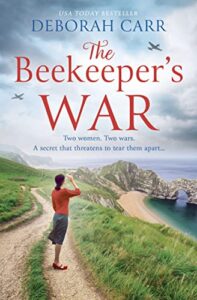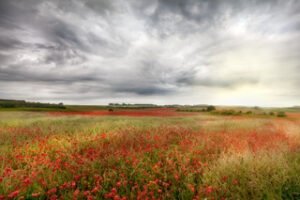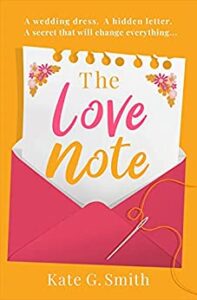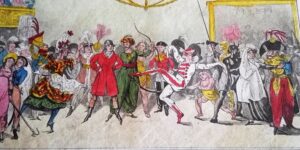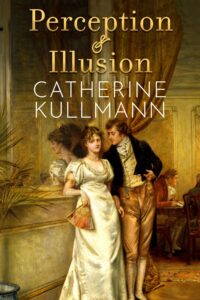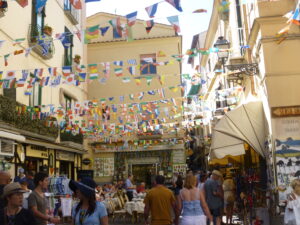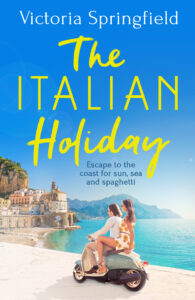 There are two reasons I have set all my historical romances in the wonderful city of Bath, England – one) I live just a short 30 minute drive away and 2) it is filled with the most beautiful Roman, Georgian and Victorian architecture, the most amazing side streets as well as a plethora of grand (and not so grand) buildings that I pretty much use as my imagination dictates.
There are two reasons I have set all my historical romances in the wonderful city of Bath, England – one) I live just a short 30 minute drive away and 2) it is filled with the most beautiful Roman, Georgian and Victorian architecture, the most amazing side streets as well as a plethora of grand (and not so grand) buildings that I pretty much use as my imagination dictates.
As Bath is obviously a real place, you might be wondering how I can use some of its buildings however I see fit. The explanation is simple – I don’t tell readers which buildings are imaginary! Thankfully, unless I use famous Bath buildings like the Abbey, the Pump Room or Royal Crescent, my audience seem to be happy to follow my lead.
For my latest series, the Ladies of Carson Street, I once again return to Bath.
However, rather than spending time enjoying high tea in the Pump Room or dancing in the Assembly Rooms, you will find the heroines of the trilogy, Louisa, Nancy and Octavia, either living and working from their house on Carson Street, frequenting the backstreet taverns or watching an act at the Theatre Royal.
In book 1, A Widow’s Vow, Louisa and Nancy arrive in Bath from Bristol to start anew after Louisa is unexpected widowed and left with nothing more than the keys to a Bath property she had no idea existed…
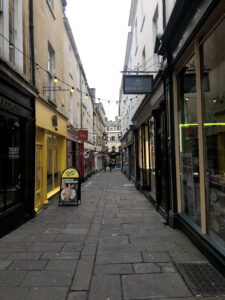 They walked along the sweeping curved wall surrounding the gushing waters of the River Avon and a beautifully landscaped area known as, according to Louisa’s map, the Parade Gardens. The barren trees were interspersed with evergreens, the soil beds empty of flowers in winter but imaginings of how the gardens might look in the summer months gave Louisa a flicker of optimism.
They walked along the sweeping curved wall surrounding the gushing waters of the River Avon and a beautifully landscaped area known as, according to Louisa’s map, the Parade Gardens. The barren trees were interspersed with evergreens, the soil beds empty of flowers in winter but imaginings of how the gardens might look in the summer months gave Louisa a flicker of optimism.
Continuing to walk along the cobbled street, she and Nancy neared the row of terrace houses.
‘Carson Street.’ Nancy pointed to a sign bolted to one of the corner houses adjacent to a busy thoroughfare filled with carriages, horses and pedestrians. ‘This is it.’
Locating the right house wasn’t difficult as Louisa had memorised the deeds so often and so intensely, the pencilled sketch of Anthony’s property was clearly drawn in her mind. ‘Anthony’s house is—’
‘Ahem, your house.’ Nancy grinned.
‘My house is about halfway along the street.’ Louisa inhaled a shaky breath. ‘Come on. I want this over with.’
She marched ahead of Nancy, pulling a brass front door key from her purse. Purposefully, Louisa drew forth her anger at Anthony’s lies, betrayal and cowardice. Lord knew, she would have to take strength from somewhere if she was ever to believe such a property was now hers to do with as she would. Lifting her chin, she shrouded herself in an invisible layer of protection against whatever further hurts were to come in her uncertain future.
But once she was standing outside the residence, her bravado floundered.
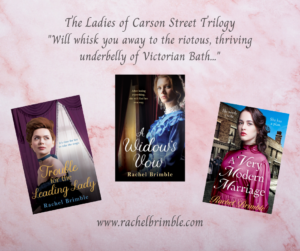 The house was beautiful. Built in a butter-coloured stone, its sash windows were flanked with velvet drapery, the front door painted a dark grass-green, complete with brass knocker and a stone ornament decorating its step. The longer Louisa stared, the more strongly inevitability enveloped her. She had survived this long and she would continue to survive, come what may.
The house was beautiful. Built in a butter-coloured stone, its sash windows were flanked with velvet drapery, the front door painted a dark grass-green, complete with brass knocker and a stone ornament decorating its step. The longer Louisa stared, the more strongly inevitability enveloped her. She had survived this long and she would continue to survive, come what may.
This extract perfectly introduces you to the tone of the series and to two of the main three characters in the trilogy. Gritty, sometimes tough, sometimes hilarious, the Ladies of Carson Street are an unforgettable trio!
Rachel’s Website: https://rachelbrimble.com/



